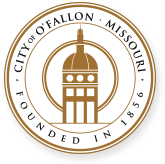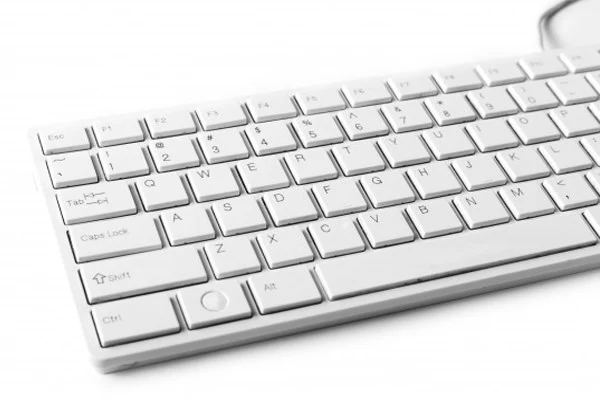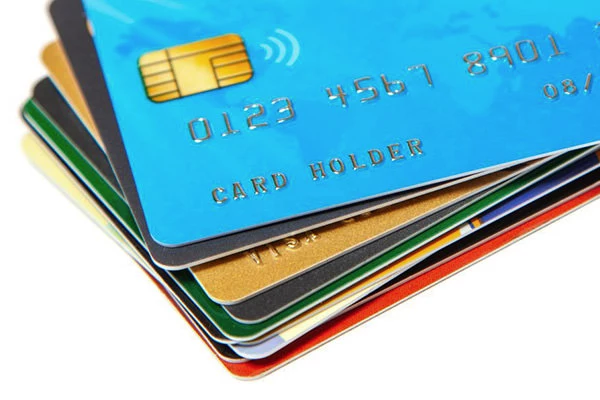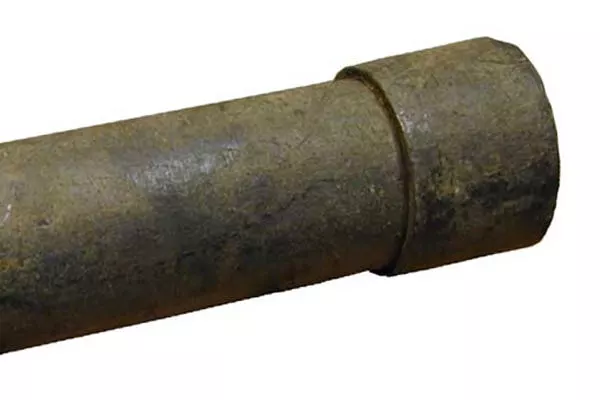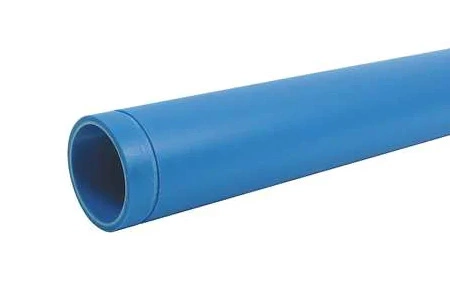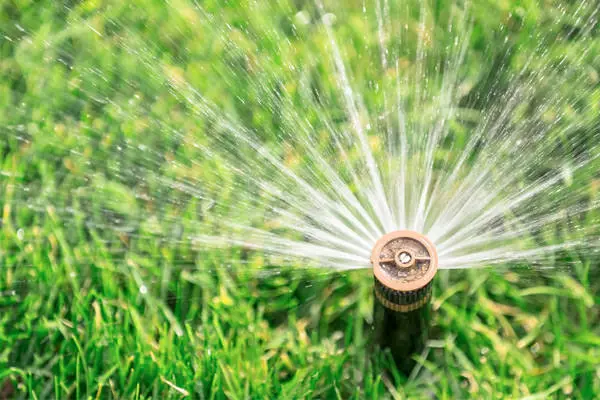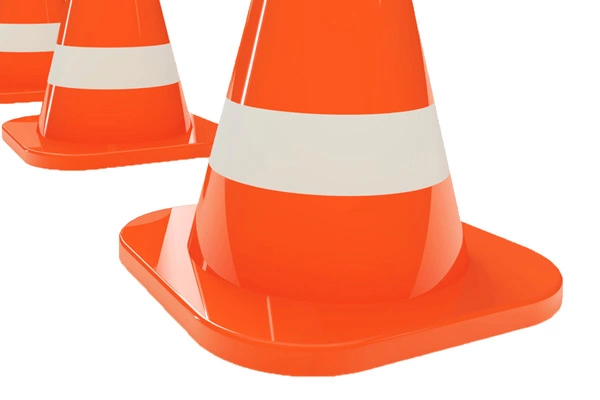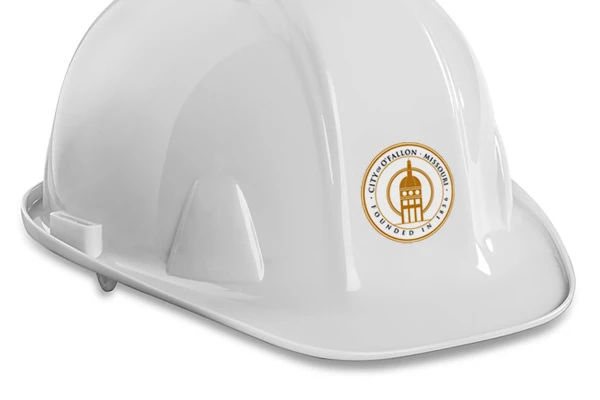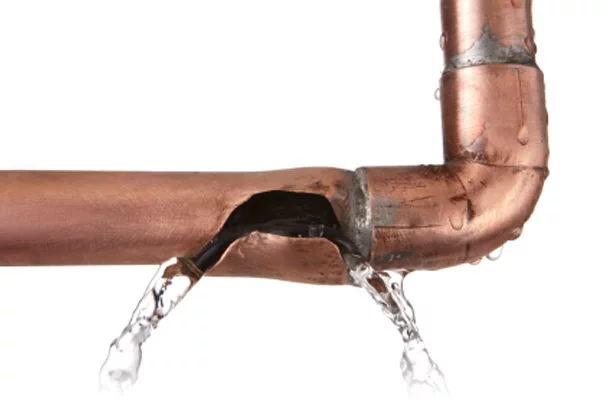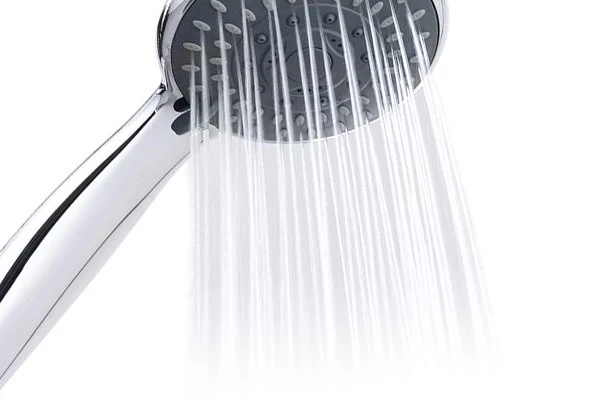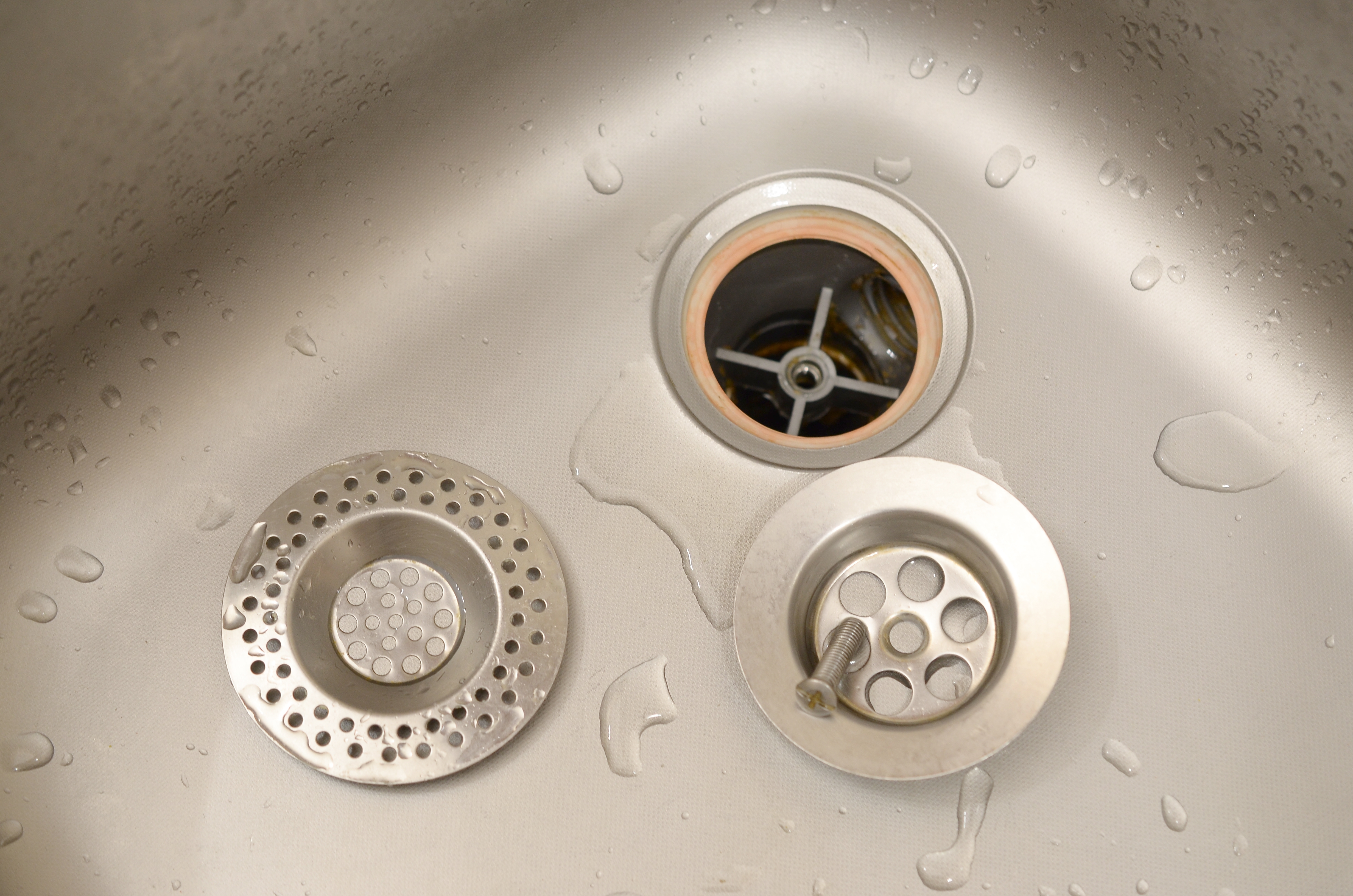Can I flush disposable wipes down the commode?
No. Dispose of them in the trash, only. These do not break down and can cause blockages and backups in your sewer line.
Can I tour the Water or Wastewater Plant?
Yes, by appointment only. Contact a Plant Manager to schedule a tour. For the Water Plant, call 636-272-4602 or for the Wastewater Plant, call 636-379-2212.
Does the City water system add fluoride to the water?
No, the City does not add fluoride to the water, but there is naturally-occurring fluoride in the water sources used by the city. Fluoride levels detected in the distribution water will range from a low of .15 ppm to a high of 1.2 ppm. The American Water Works Association’s current recommended level is .7 ppm.
How is my water metered?
Most residences served by the City’s water system have what is called a radio read meter on their water service line that is able to automatically transmit information to the City’s Billing Department at City Hall via antennas on City water towers.
How is sewage usage determined?
The amount that you are billed for sewer usage is originally based on an average consumption of 12,400 gallons for a two-month period. Every spring, sewer usage is reassessed based on winter water usage that occurred during November, December, January and February. This allows for sewer charges to more accurately represent an average of what goes through our sewer system during the time of year that outdoor water usage, such as lawn watering, car washing and pool filling, are not as prevalent.
How often do the bills go out?
Our billing cycles are 8 weeks, so you will receive a new bill approximately every two months. Since months range in length, you can expect your bill to be mailed out every 8th Friday.
We are moving. How do we disconnect our services?
Notify the City by submitting a disconnection form. These forms are available on the City’s website or at City Hall.
What is the difference between a boil advisory and a boil order?
A boil advisory is a precautionary measure issued by the water utility to alert customers when there is a potential for compromised water quality. When an advisory is issued, it is recommended that customers boil all water used in food and beverage preparation for two minutes.
A boil order is a confirmation that contamination is present in the water system, and it is essential that customers boil all water used in food and beverage preparation for two minutes.
Whenever a boil order or advisory is issued, we collect multiple samples and run tests to ensure that no contamination is present. It takes a minimum of 18–24 hours to determine test results. Any updates on City water main breaks can be found on this website.
What is the hardness of the water in O’Fallon’s water system?
The hardness ranges from 100 ppm – 170 ppm (parts per million) or 6-10 grain; the higher average occurs during the summer months and the lower average during the winter months.
Where are my water and sewer lines?
Household water lines that extend from the meter pit (or curb stop) to the home, and sewer lines that run from the main to the home, are not documented by the City. These are considered private lines and belong to the homeowner. A plumber can determine your water and sewer line locations. If you are digging and need to know where the main line utilities are located, please call 1-800 DIG-RITE (It’s the Law!) to locate lines in your area.
Why am I losing water pressure in my home?
If you are not impacted by a water main break in your area, it is very likely that you are experiencing lower water pressure due to a pressure relief valve (PRV) going out in your home. A pressure relief valve that needs replacement will cause intermittent low pressure, continuous low pressure, or possibly a complete water outage. In addition, you may hear loud noises in the line or a rattling of the water lines. A pressure relief valve is usually located where the main water line enters the home. These are best replaced by a licensed plumber.
Why has my water bill gone up?
Several factors can impact your water bill, which is based on consumption or usage. Try to determine if the uptick in usage is due to using more water in the home or to maintaining your lawn. In the home, one common cause is toilets that continue to run or leak after flushing, causing excess water consumption. Tip: to check for this problem, stop by City Hall to pick up free dye tabs that will help you spot a leak in your commode.
Higher bills also can be caused by water softeners that need maintenance, irrigation systems that leak, excessive watering of lawns and landscapes, and leaking water lines. Tip: a leaking water line can cause saturated areas to appear in the lawn due to a water line break.
Why is my sewer charge higher than my water?
Sewer charges are based on winter water consumption, so if you notice that your sewer consumption is higher than your water, it could be that you are being more conservative during the summer months. Also, it is more expensive to treat sewage than it is to treat drinking water, so the base rates for this service are somewhat higher to reflect that difference.
Why is my water discolored today?
There are several possible causes. Very often, it is due to a problem with your water softener. If you suspect this, contact the company that services your water softener. Another possible cause is sediment in your lines caused by disturbances in the water system from annual fire hydrant testing done by the fire department, including maintenance-related flushing. If either of these have occurred, the sediment in your lines is best removed by turning on the faucet in your bathtub and letting it run for about five minutes or so. If the problem still exists, feel free to contact the Water Department.
Why is there a security deposit on my first bill?
The City of O’Fallon charges a security deposit of $150 to water and sewer customers, and $50 to customers who only have trash service. This security deposit is held until the customer has paid 12 timely and consecutive bills, or until the customer moves out of the home. At this time, the security deposit is applied as a credit to your account and any remaining credit is sent to you as a refund check. This helps ensure that any final balances for services are paid.
No results found






 O'Fallon, MO 63366
O'Fallon, MO 63366